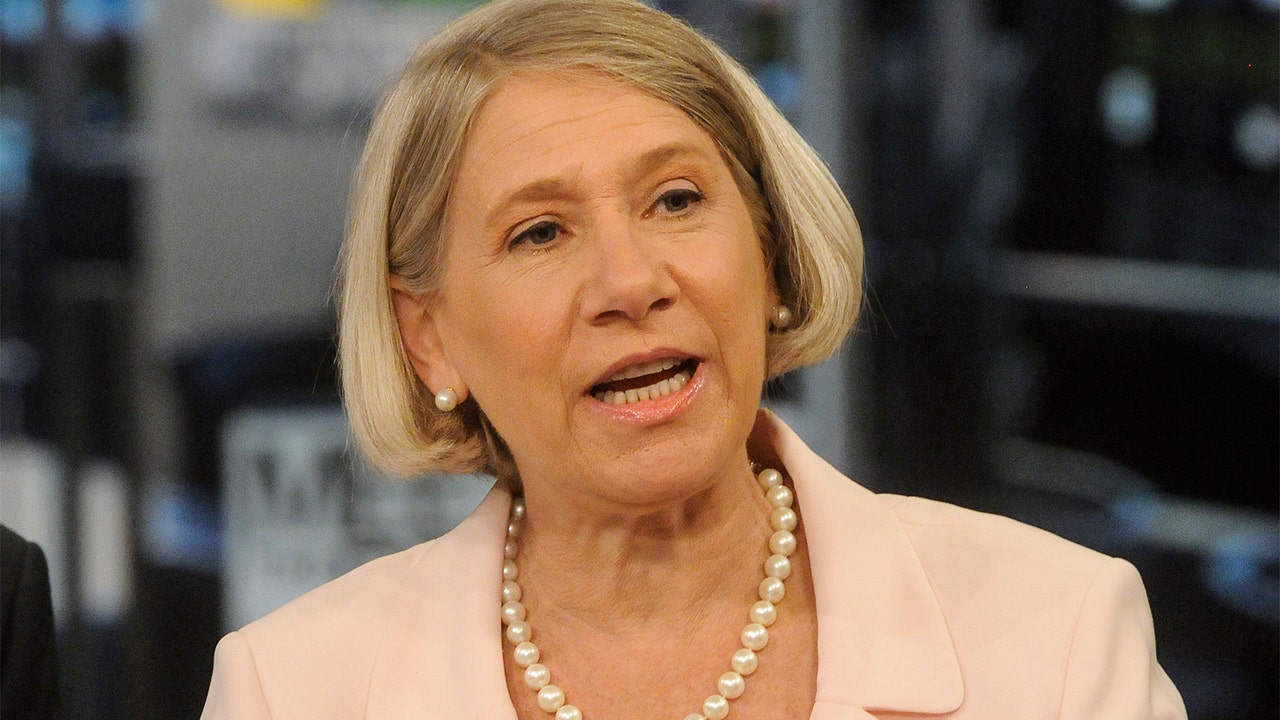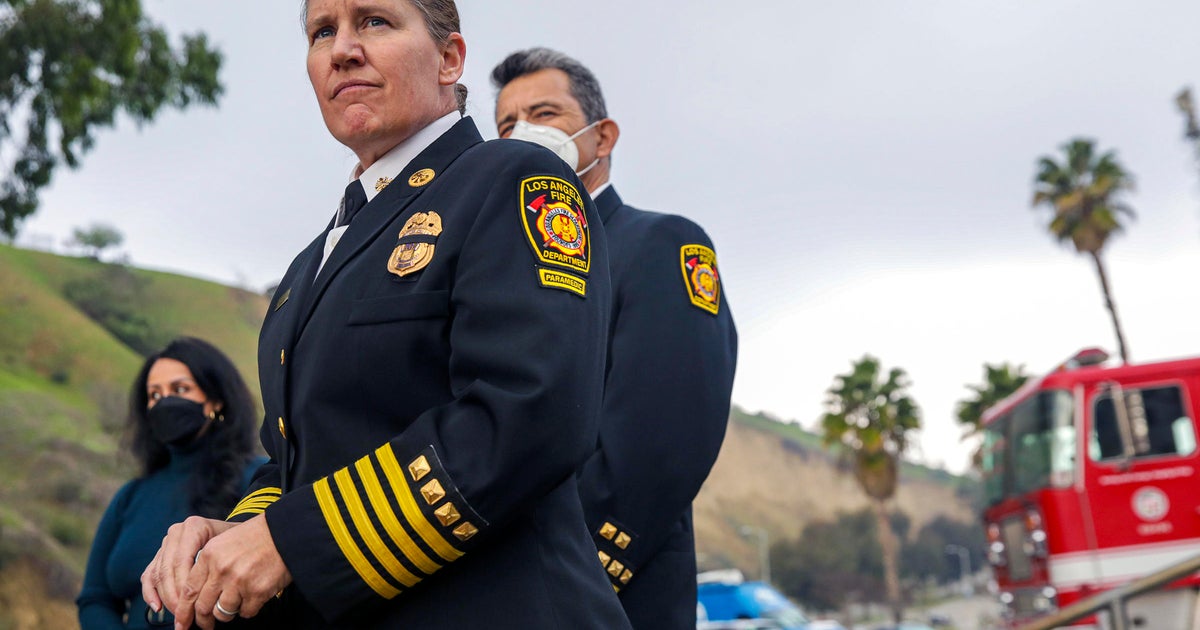Several weeks ago, President Biden made waves in the gun control drama with his announcement of a series of executive orders and his nomination of David Chipman to be the director of the Bureau of Alcohol, Tobacco, Firearms, and Explosives (ATF).
As former acting director of the ATF, I commend the president for acknowledging that the agency needs a Senate-confirmed leader. I have nothing personal against Chipman; I worked with him, and I respect and will always defend his right to express his position on firearms. But the hard-working patriots who staff this vital law enforcement and regulatory agency deserve, and the public served by ATF needs, a less politically biased and more mission-focused director than the nominee.
James Baker III, chief of staff to both Presidents Ronald Reagan and George H.W. Bush, was quoted in 2017 giving applicable advice to then-incoming White House chief of staff Gen. John Kelly. Baker reportedly said, “You can focus on the ‘Chief,’ or you can focus on the ‘of Staff.’ Those who have focused on the ‘of Staff’ have done pretty well.”
Since retiring from ATF, Chipman has been a registered lobbyist, first with Everytown for Gun Safety and more recently as a lobbyist, policy director and spokesperson for the Giffords gun control group. Unfortunately, based on his strongly held personal beliefs, his focus – if confirmed to lead ATF – would be on the “Chief,” not “of Staff.”
His partisan advocacy is his right as a private citizen, but engaging in his specific advocacy means his ability to objectively carry out the constitutional and legal responsibilities of the ATF, and effectively lead the more than 5,000 men and women who serve there, will be questioned both within and outside of ATF.
More from Opinion
These people, many of whom risk their lives daily in dangerous and unpredictable situations, must be able to rely on their director’s support in order to accomplish their mission and keep our communities safe. The job is tough enough. Field agents and industry inspectors must know they have a leader at the helm who is focused on supporting the law enforcement and regulatory roles ATF is charged with performing. They cannot be preoccupied with concerns that their mission is being co-opted or challenged based on a political agenda.
Chipman’s bias against the exercise of Second Amendment rights has been obvious for years. He has repeatedly called for a ban on modern sporting rifles (“MSRs”), an arbitrary limit on magazine capacity, even more stringent regulation of firearm accessories, and less protection of firearm manufacturers from frivolous litigation.
Moreover, it has been reported that he mocked those who recently became new gun owners and advocated for the forceful closure of fully legal gun stores during the early days of the pandemic, despite their classification as “essential” under Department of Homeland Security’s Essential Industries list.
ATF’s reputation is dependent on remaining an apolitical, unbiased and fair law enforcement and regulatory agency.
With such positions on record, how will he instill confidence in the thousands of legal businesses he would regulate that ATF remains objective, and how will he inspire trust in ordinary citizens that their Second Amendment rights will be protected and firearm laws and regulations will be fairly enforced?
ATF’s role in and of itself presents a significant challenge. The bureau doesn’t exist to diminish constitutionally guaranteed rights, but instead to combat violent crime and ensure the industry and gun owners are able to freely exercise their rights within the laws enacted by Congress.
ATF’s reputation is dependent on remaining an apolitical, unbiased and fair law enforcement and regulatory agency. That fair treatment and respect for fundamental liberties begins at the top. The agents and inspectors in the field deserve nothing less, and the American public – whether gun owners or not – deserve equal treatment.
If confirmed, every decision Chipman makes will be viewed with a jaundice eye about whether he is dispassionately protecting the Constitution of the United States and enforcing the law as Congress wrote it, or as he and others in the anti-Second Amendment community wish it had been written. Many in the public will question whether his decisions are made to advance a political agenda.
ATF would be steering itself into uncharted and rough seas if it were to become, not a law enforcement and regulatory body, but one of political and policy advocacy. Leaders cannot be distracted by legislative issues over which they have no direct control, nor should they seek such control.
The truth is that the millions of Americans who own firearms are overwhelmingly law-abiding. The firearm industry has long-standing partnerships with ATF, working in tandem to prevent illegal straw purchases of firearms, and matches ATF reward offers when firearms are stolen from retail stores. Further, ATF and the firearm industry teamed up to deter and prevent “smash-and-grab” gun thefts to stop the criminal acquisition and misuse of firearms.
The bureau and the millions of gun owners aren’t the problem. Criminals are. I say this as a former United States attorney and local district attorney.
CLICK HERE TO GET THE OPINION NEWSLETTER
I suspect if asked, Chipman is of the opinion that the Second Amendment is not an individual right as clearly expressed by the U.S. Supreme Court, but a collective right, reserved for those in service.
Policy debates around firearms should be left to the lawmakers in Congress, not to agency leaders. If a nominee wants to craft firearm policy, there’s a mechanism to do that: run for office, and let the voters decide. The American public, and ATF, need a leader who is focused on mission, not policy debates.







